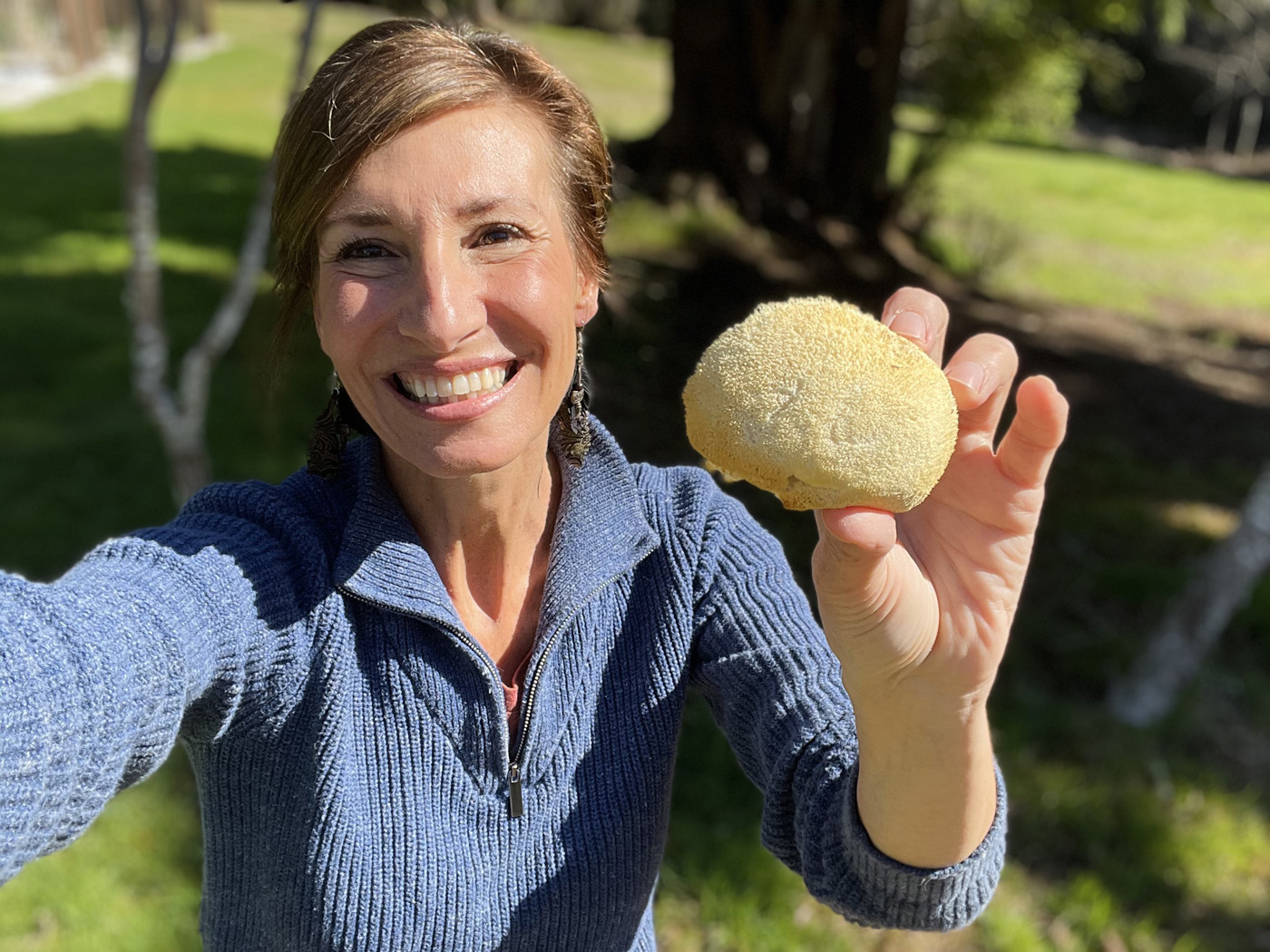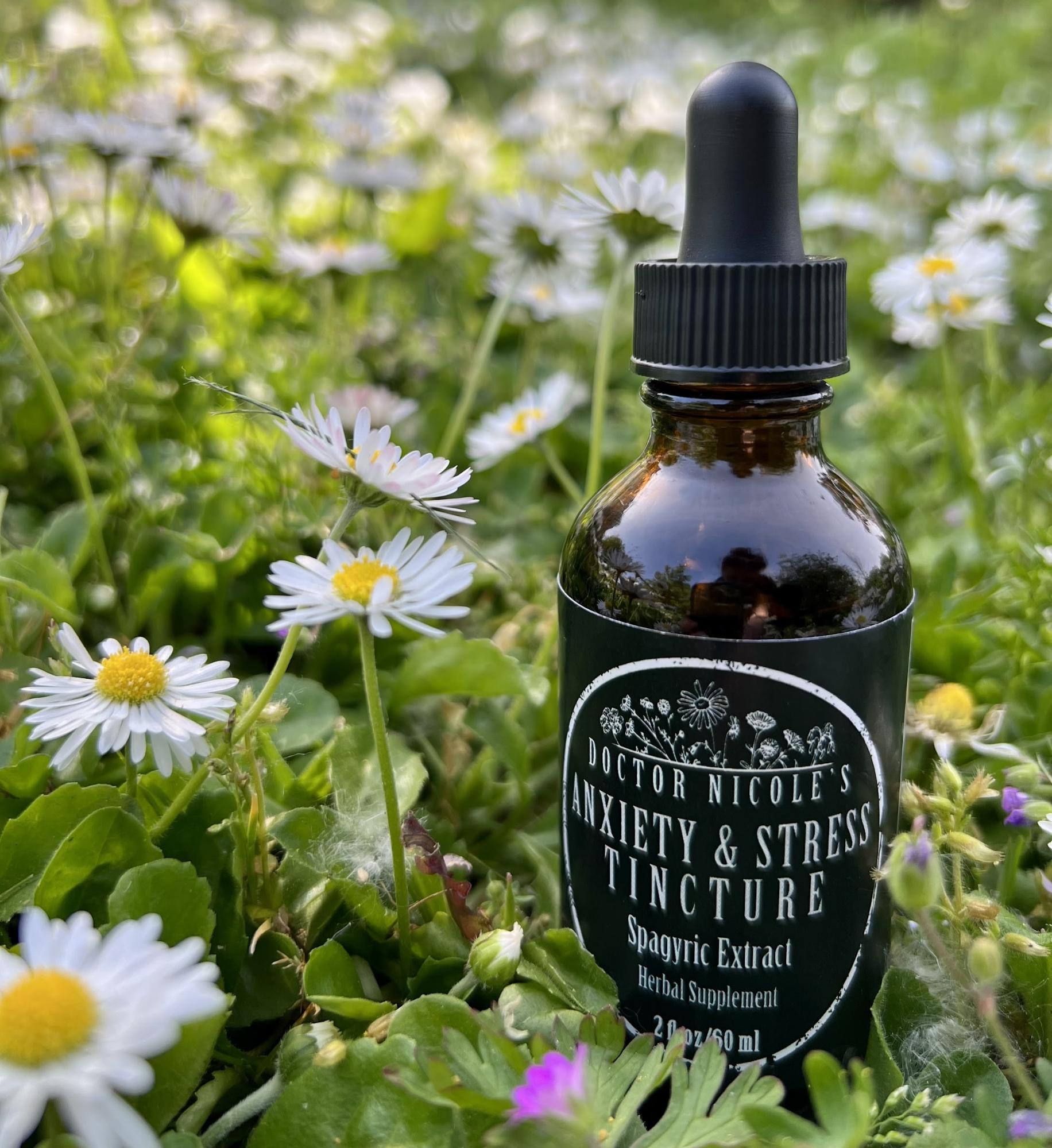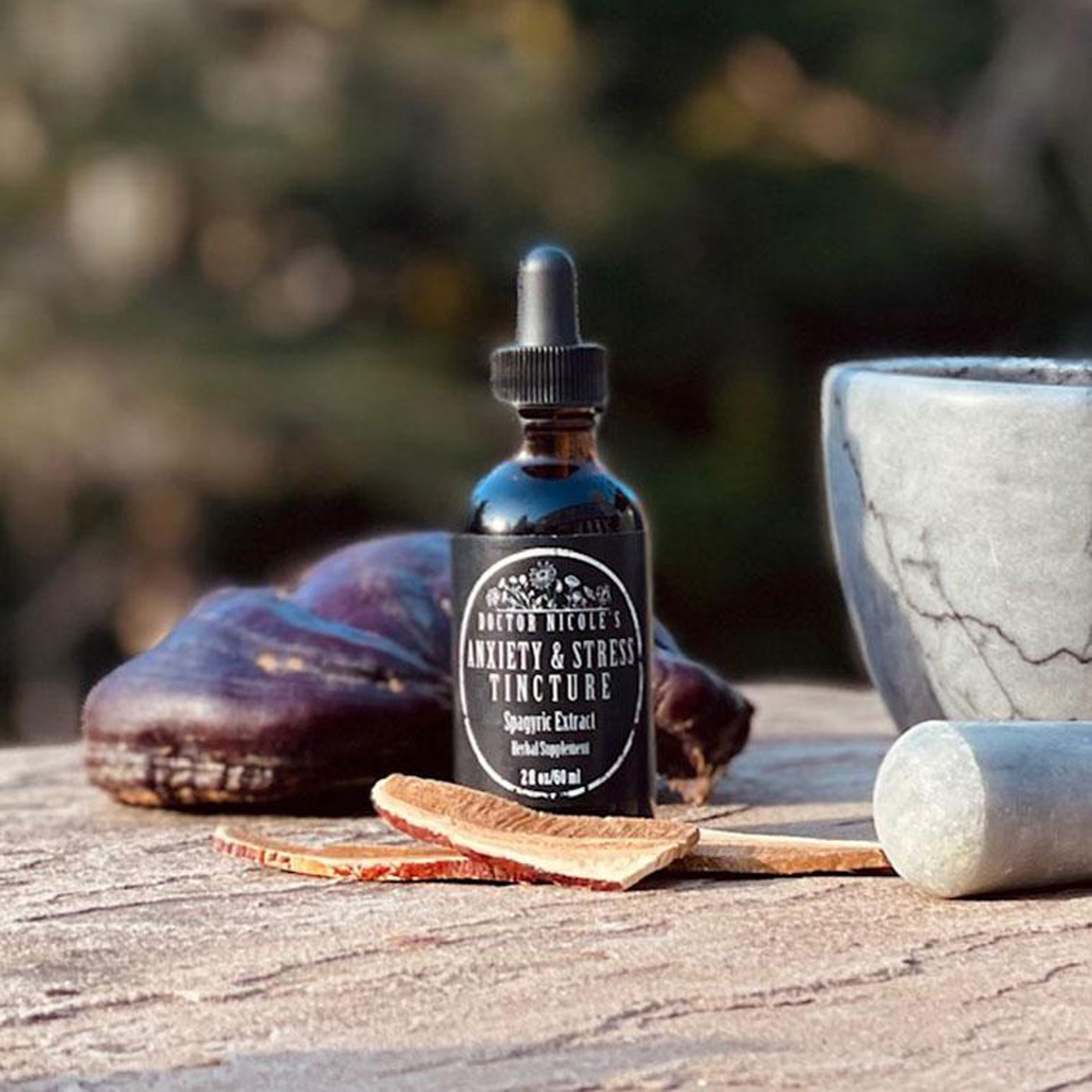Breaking Free from the News Cycle
Coined in 2020 during the pandemic, the term “doomscrolling” refers to spending an inordinate amount of time reading through negative news without taking a break. Social media platforms tend to feed this compulsion as you can consume large amounts of information quickly and easily. Needless to say, exposure to vast quantities of negativity — regardless of the source — can significantly impact your mental health and feelings of well-being by increasing levels of stress, anxiety, and depression. It can also be very challenging to stop. To counteract this tendency, we can instead turn to a creative hobby that encourages mindfulness, which in turn cultivates a sense of resilience, calm, and joy.
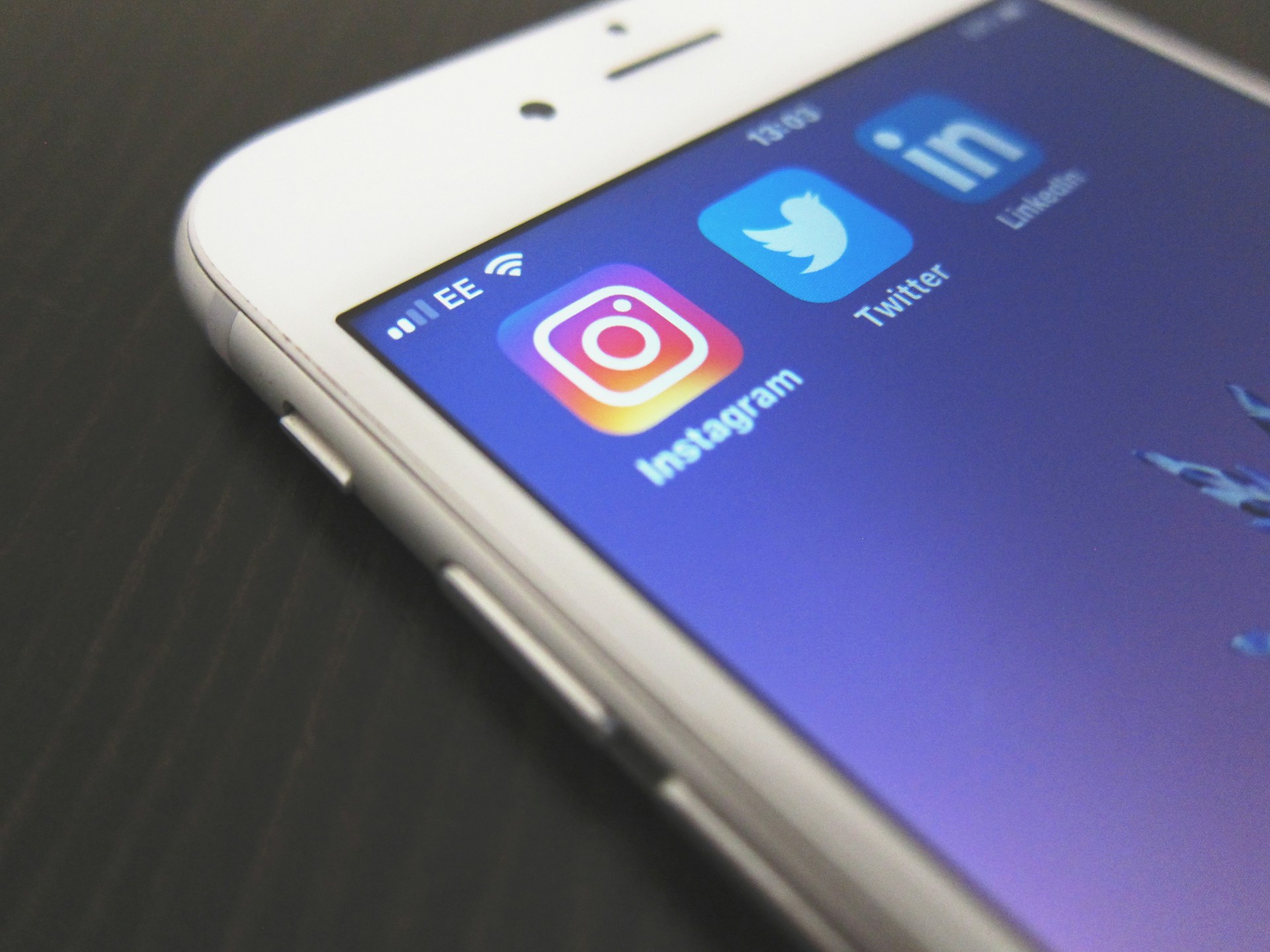
Impacts on Mental & Physical Health
It’s easy to fall into the trap of doomscrolling. We’ve all been there after a long day of work, believing it will help us to mentally unwind. Before you know it, hours have passed scrolling through social media, absorbing vast amounts of negative news and imagery. We believe we are staying informed, but research has shown time and again that this habit does more harm than good. It is also highly addictive.
Not only does doomscrolling compromise your mental health, but it also reduces life satisfaction and engagement at work, while increasing rumination and neuroticism, according to a 2024 study published in the journal Computers in Human Behavior.1
Likewise, research involving participants from Iran and the United States found that the habit was strongly associated with heightened levels of anxiety as well as dislike or distrust of humanity.2
Harvard Medical School notes that doomscrolling has very real physical implications, including:3
- Insomnia
- Headaches
- Loss of appetite
- Muscle tension
- Neck and shoulder pain
- High blood pressure
Dr. Aditi Nerurkar, a lecturer in the Division of Global Health and Social Medicine at Harvard Medical School, points out that not only does doomscrolling cause stress, but stress also causes us to fall into the habit because it stokes our primary urge to scan for danger and become hypervigilant. It’s a challenging cycle. The more we scroll, the more we feel the need to continue doing so. She adds:
“Our brains and bodies are expertly designed to handle short bursts of stress. But over the past several years, the stress just doesn’t seem to end. Doomscrolling is our response to that.”
On the flip side, Nerurkar notes that it isn’t about abstinence — it’s about decreasing reliance. This is where a creative hobby comes in.
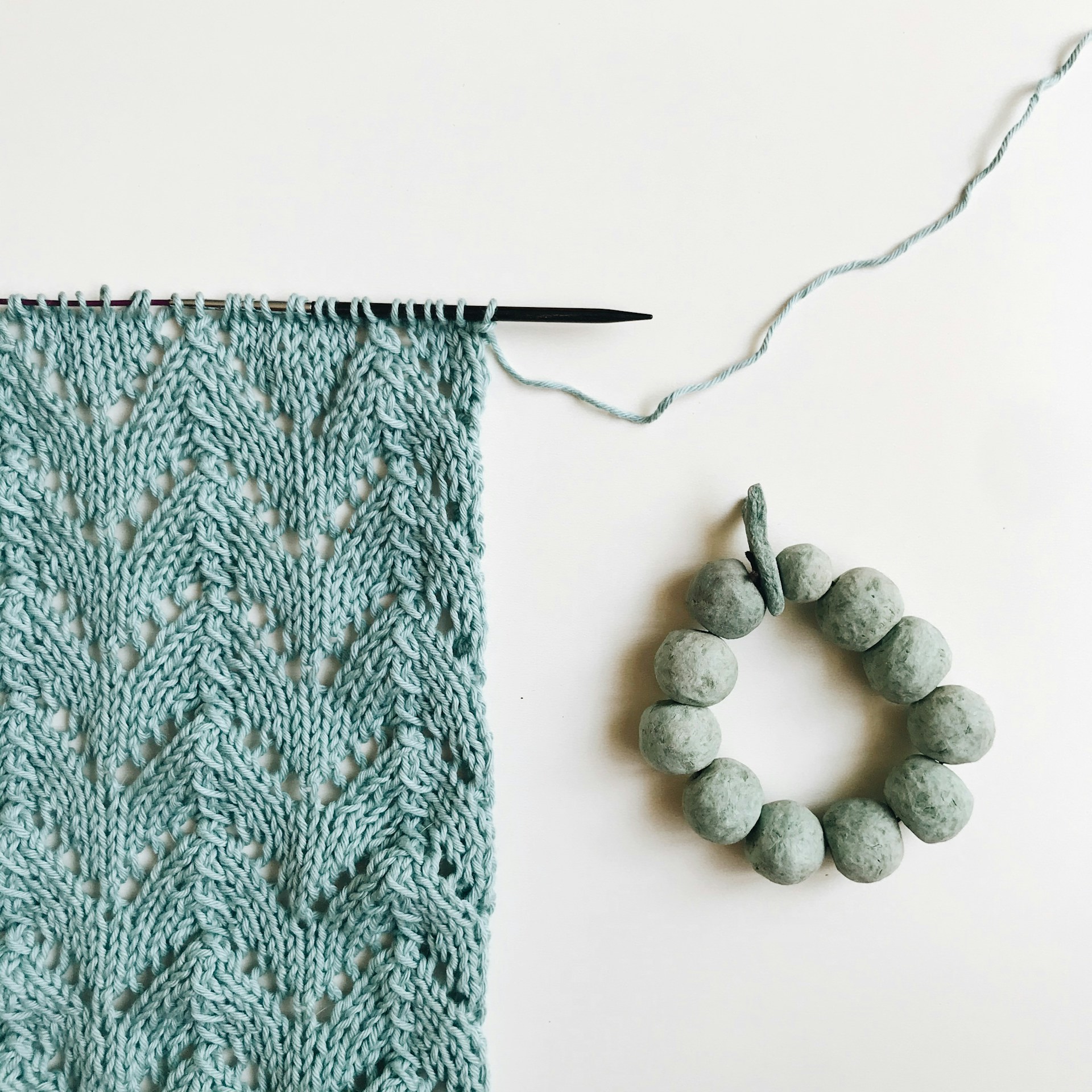
Feeling Drained After Work? Unplug and Try This Instead
By making a conscious decision to replace doomscrolling with a positive alternative, we can break the hold it has over us. After work hobbies have been shown to support increased levels of well-being, reduce work-related stress, and encourage emotional resilience through engaging in activities that bring personal fulfillment. Those that promote mindfulness have the greatest benefit. It can be anything from art making to knitting, woodworking or sewing. Any hobby that helps you to focus on the present with your full attention is beneficial. Why?
Repetitive actions are deeply calming, helping to regulate emotions and soothe the nervous system.4 Even a small project gives a sense of control and accomplishment, which gives an important boost to your mental health. Mindful hobbies also break the cycle of rumination, thereby lowering stress, anxiety, and overwhelm. Plus, when you join a creative community, it brings meaningful connections and a shared sense of purpose.
Emma Palmer-Cooper, Lecturer in Psychology, Centre for Innovation in Mental Health, University of Southampton, offers a few tips for how to get started:5
Start small. Choose a project that won’t be overly challenging to complete — it could be coloring a single page or knitting a single square. You can also set a goal to dedicate 10-20 minutes each day to pursuing your hobby. By taking small, manageable steps, it helps to build confidence and motivation.
Set boundaries. Set aside a chunk of time where you won’t be distracted. Importantly, create a “no phone zone” to limit interruptions.
Practice mindfulness. Fully immerse yourself in the project — notice the shapes, colors, and textures. If your mind begins to wander, bring your focus back to the here and now.
Embrace community. Whether in-person or online, connecting with people who share your hobby is a fantastic way to boost your sense of belonging and promote a positive feedback loop.
Natural Herbal Support for Stress, Anxiety & Emotional Balance
If you find you need an extra level of support to help calm the stress response, lower anxiety, and promote a brighter outlook, medicinal herbs can help!
Here are my top recommendations — each is found in our convenient Anxiety & Stress Blend:
Ashwagandha is a powerful adaptogen that helps calm inflammation, ease anxiety and depression, balance hormones, and support cognition — from memory to focus — by gently quieting the body’s stress response.
Next is lemon balm. One of my favorite calming herbs, it supports brain function, soothes ADHD, enhances sleep, and protects the nervous system — thanks to its antioxidant properties and ability to boost GABA, the brain’s natural stress-soother.
Two exceptional medicinal mushrooms are also included in this formulation, with the first being lion’s mane. This unique botanical is a powerful ally for brain and nerve health. In addition to enhancing memory and mental clarity, lion’s mane also supports emotional well-being — helping to ease anxiety, improve sleep, and lift the symptoms of depression.
Lastly, we have reishi. An exceptional adaptogen, this medicinal mushroom helps to protect the body from the effects of stress by addressing hormonal imbalances, lowering high cortisol levels, and easing fatigue, brain fog, and low energy. It also promotes deep, restful sleep, supports adrenal recovery, and strengthens immune function — making it a powerful ally for restoring balance and resilience.
HELPS ME TO STRESS LESS
“Some days I have anxiety & stress knowing what’s going on in our country. I can tell you this though, Nicole’s Anxiety & Stress tincture works very well, I definitely give it a five star.” -Shawn
But that’s not all. Learn more about the additional health benefits of these medicinal herbs by visiting my apothecary today!
Nicole Apelian
Nicole’s Apothecary Products in this Post
References
- Ian M. Hughes, Melissa G. Keith, Juseob Lee, Cheryl E. Gray, Working, scrolling, and worrying: Doomscrolling at work and its implications for work engagement, Computers in Human Behavior, Volume 153, 2024. https://doi.org/10.1016/j.chb.2023.108130.
- Reza Shabahang, Hyeyeon Hwang, Emma F. Thomas, Mara S. Aruguete, Lynn E. McCutcheon, Gábor Orosz, Abbas Ali Hossein Khanzadeh, Benyamin Mokhtari Chirani, Ágnes Zsila, Doomscrolling evokes existential anxiety and fosters pessimism about human nature? Evidence from Iran and the United States, Computers in Human Behavior Reports, Volume 15, 2024. https://doi.org/10.1016/j.chbr.2024.100438.
- “Doomscrolling dangers” By Maureen Salamon, Executive Editor, Harvard Women’s Health Watch | Reviewed by Toni Golen, MD, Editor in Chief, Harvard Women’s Health Watch; Editorial Advisory Board Member, Harvard Health Publishing; Contributor, Harvard Health, September 1, 2024. https://www.health.harvard.edu/mind-and-mood/doomscrolling-dangers\
- Kaimal, G., Ray, K., & Muniz, J. (2016). Reduction of Cortisol Levels and Participants’ Responses Following Art Making. Art therapy : journal of the American Art Therapy Association, 33(2), 74–80. https://doi.org/10.1080/07421656.2016.1166832
- “How a mindful hobby could help you break your after-work ‘doomscrolling’ habit” by Emma Palmer-Cooper, The Conversation, January 23, 2025. https://theconversation.com/how-a-mindful-hobby-could-help-you-break-your-after-work-doomscrolling-habit-247718


